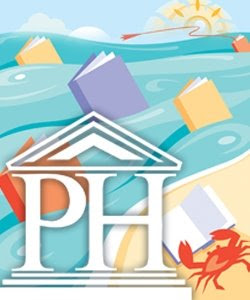by Jason Scott
 According to recent surveys, 79% of parents say that they want to learn more about how to be more involved in their children’s education.
According to recent surveys, 79% of parents say that they want to learn more about how to be more involved in their children’s education. Similar percentages also think their children's teachers could learn more about involving parents in their children's learning. Even the President of the United States says that parents have to be more involved.
At a recent NAACP conference President Obama told his audience, “When it comes to education, we need better standards in our schools, excellent teachers in our classrooms, and parents doing their part to ensure that all our children can succeed, no matter what their race, faith or station in life.”
So everyone wants the parents more involved, but how? As the son of two teachers and now having school-aged children of my own, I think I see this question from both sides and I am pleased to roll out my 3 point method for basic, effective parental involvement.
At the very least, make sure your children get to bed by 10:00pm. That’s lights out, TV off, in bed, and asleep to be more specific. Don’t send your zombie-eyed, sleep-deprived children to school. (And just for the record, feeding them breakfast isn’t a bad idea either).
Ask your child about what is going on in school every single day. Make it your priority to ignore the soap opera aspects of school life and keep asking about the classroom content. “What are you studying? Really? That’s interesting. Why do you think so?”
Have real conversations about the material and pester them until they realize that this conversation is a normal part of their daily life. Really listen to what they have to say and let them teach you a bit. It will help reinforce that day’s material while drilling in the message that the classroom stuff is important. Take advantage of the time in the car on the ride home — have your child put down the DS or iPod and talk to you.
Be on the teacher’s side. Support the teacher in their role, and pay respect to them by giving the benefit of the doubt when differences arise between what they are telling you and what your child is telling you. Yes, you know that your little angel would never do the thing that the teacher claims, but humor the teacher from time to time and keep the lines of communication open.
Although my methods are far from full-proof, follow these simple steps and you’ll be on the road to effective parental involvement before you know it.








